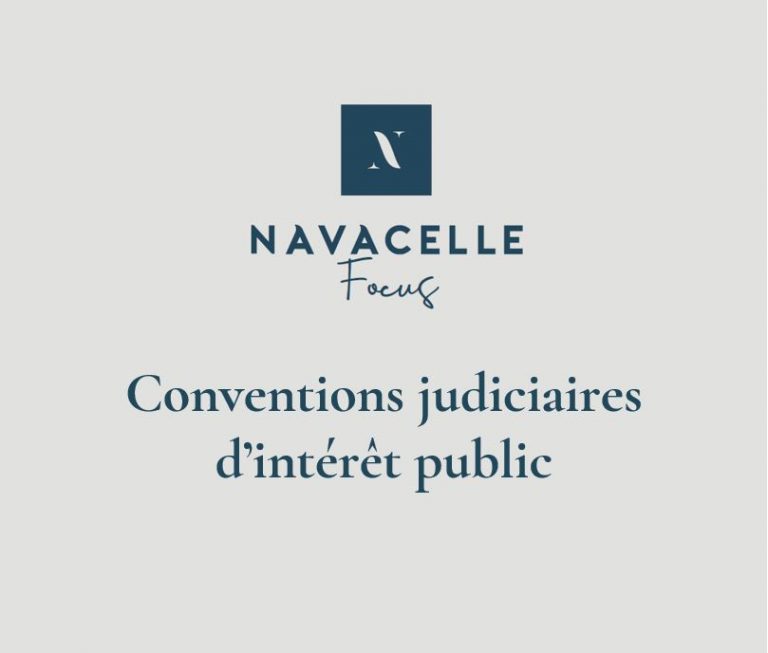Recent statements by the former French Financial Prosecutor, Eliane Houlette, before the Parliamentary Board of Inquiry [1], has revived the debate on the independence of the French Prosecutor vis-à-vis the executive power.
Indeed, she stated that the independence of French prosecutors, in particular of the French Financial Prosecutor Office (“PNF”), is hampered by a number of obstacles [2]. Among these, the power of the General Prosecutor’s Office, directly linked to the Minister for Justice, to provide general instructions and to request reports on pending cases from the PNF:
“So, in practical and concrete terms, the feeling of dependency [from the executive power] is something I have experienced within the performance of my duties. […] the problem is that through general instructions and special reports, the General Prosecutor’s Office grants himself a right of oversight over the conduct and policy choices of public prosecutors. […] And this right to oversee is omnipresent. […] The question that we can actually ask ourselves is why does the General Prosecutor’s Office have this right to oversee the public prosecution, through specific cases? How should we understand it? Is he acting for himself or for someone else? » [3].
These statements caused quite a stir, namely considering that Eliane Houlette conducted the investigation of the former French prime Minister François Fillon and his wife, who were accused of misappropriation of public assets and that she reported pressure from the General Prosecutor’s Office to provide and communicate information pertaining to this case.
Another former investigative magistrate, Renaud Van Ruymbeke, condemned the lack of independence of the Public Prosecutor’s Office, stating that politicians have never lobbied for it [4].
In addition, a few days before his appointment as French Minister of Justice, Eric Dupond Moretti, a French criminal lawyer, filed a complaint against X before the Paris Prosecutor office after having been secretly wiretapped by the PNF during an investigation held in 2014 regarding corruption facts involving the former French President Nicolas Sarkozy [5]. He finally withdrew his complaint after his appointment and stated that he will campaign for the reform regarding the independence of the justice:
“I want to progress on a subject that is close to my heart: the independence of the justice system. I wish to be the Minister of Justice who will finally bring the long-awaited reform of the Public Prosecutor’s Office to a congress” [6].














